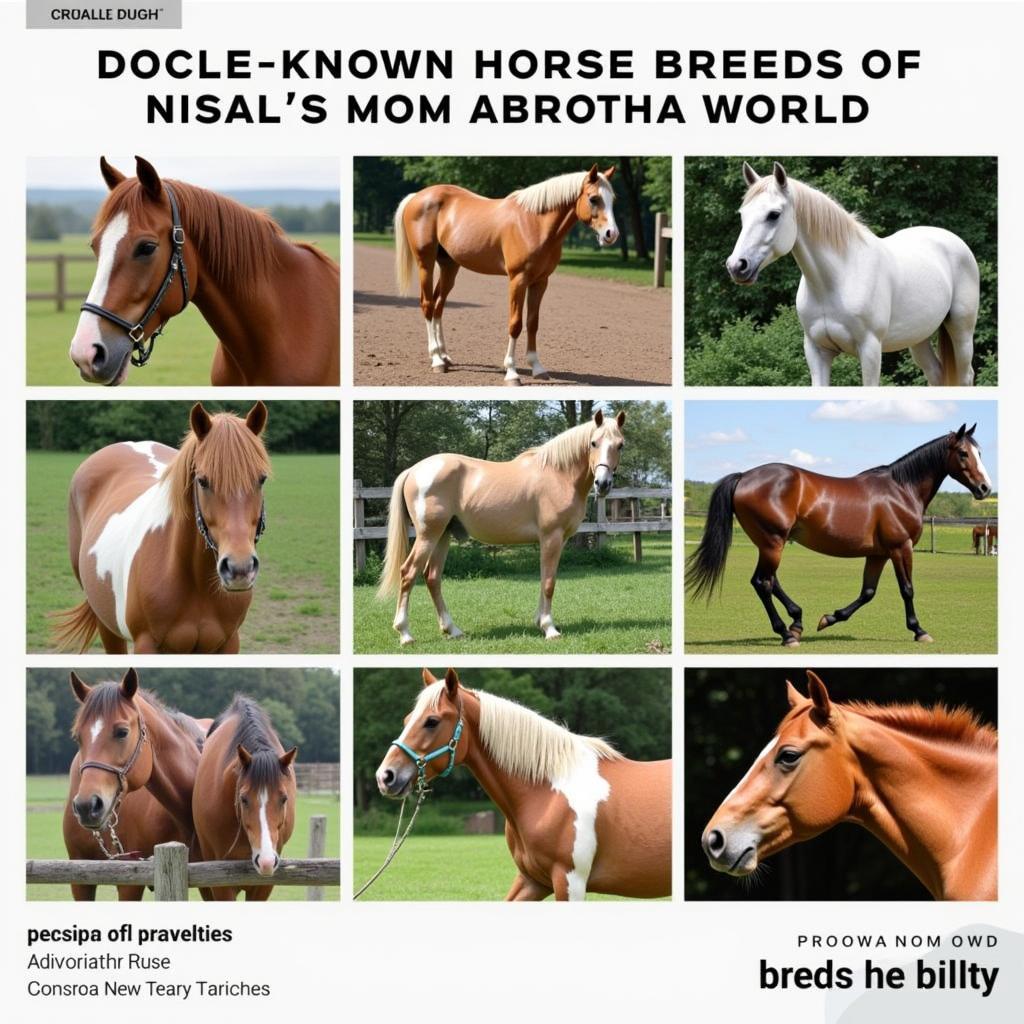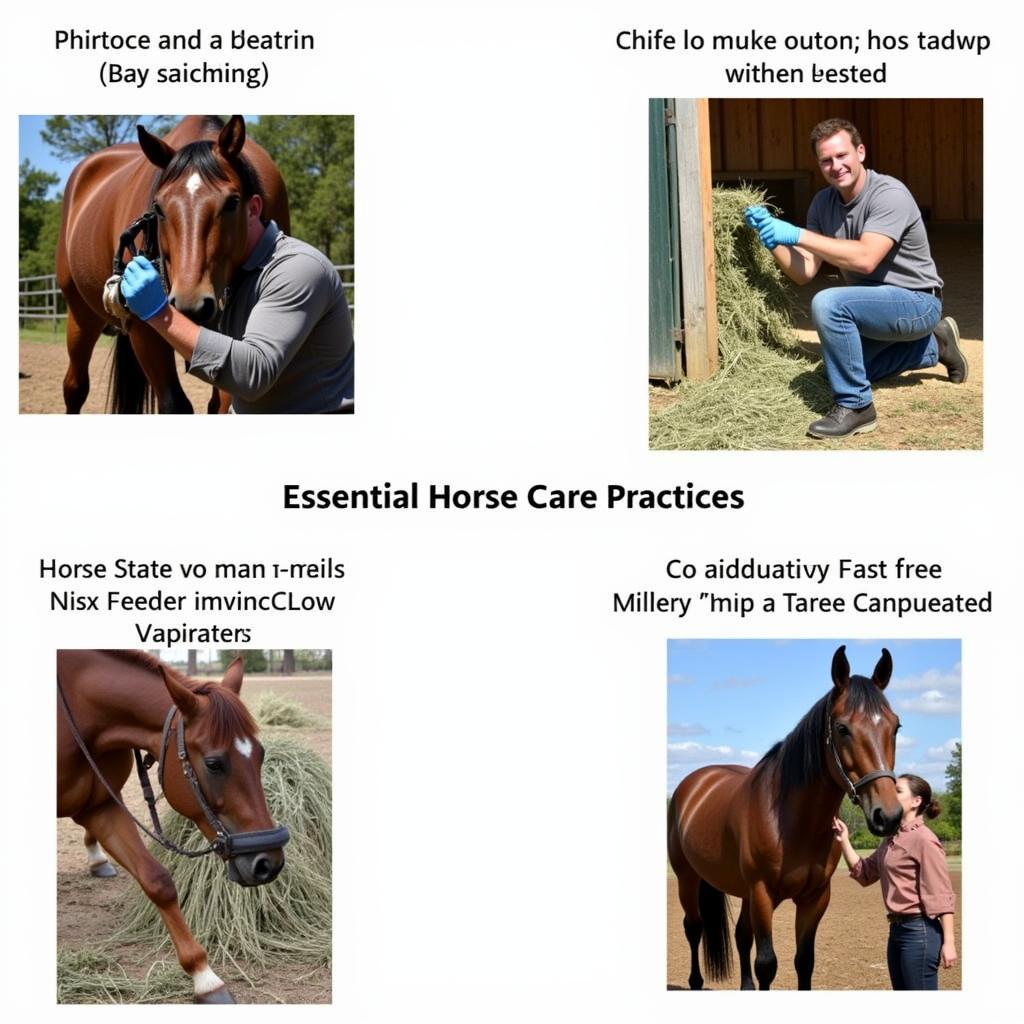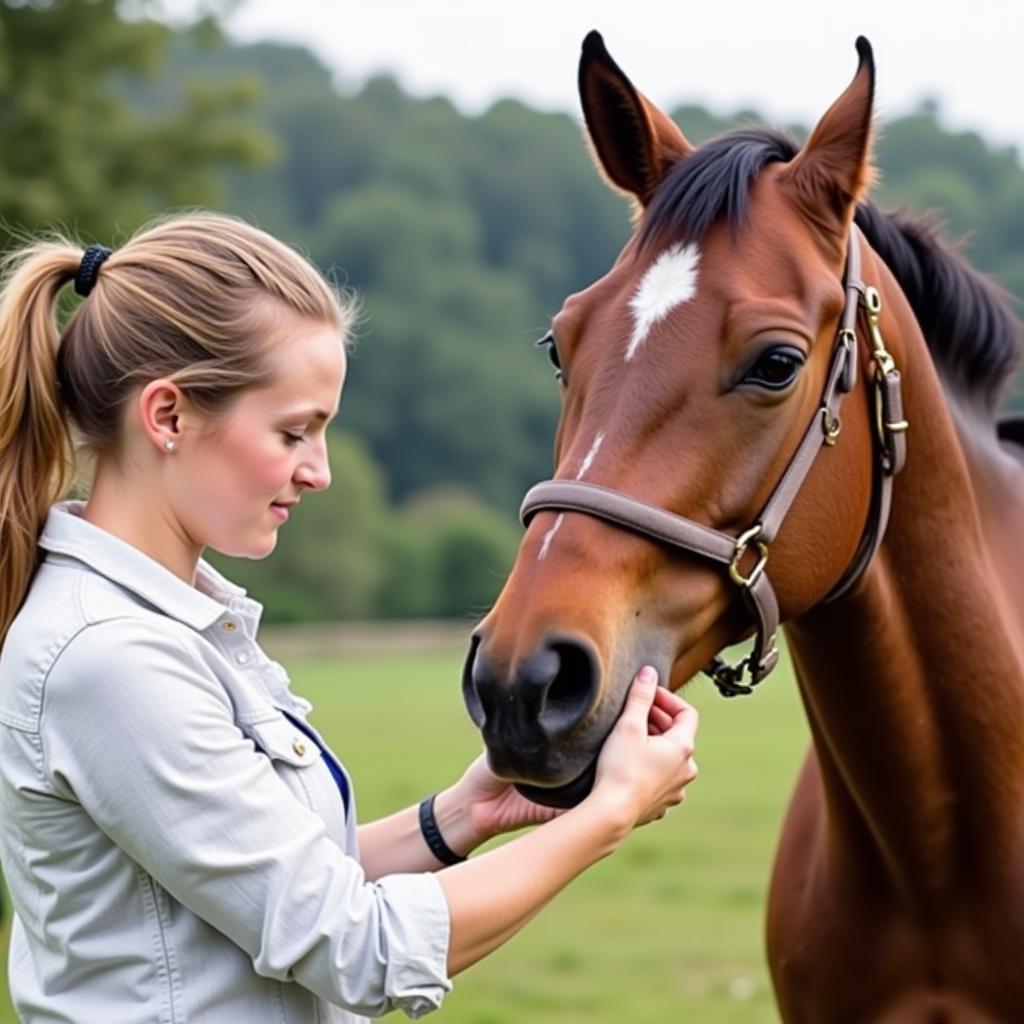An “unfuwain” horse isn’t a recognized breed. It’s likely a misspelling or a regional term. However, understanding what might be meant by this term requires exploring various possibilities. This could involve discussing unfamiliar or rare breeds, or perhaps even horses exhibiting unusual behaviors or physical characteristics. Let’s delve into some potential interpretations of “unfuwain” and discuss important aspects of horse care and ownership.
Exploring the Meaning of “Unfuwain” in Horses
What could “unfuwain” possibly describe? Perhaps it refers to a horse that’s unfamiliar, unusual, or even unwanted. It’s crucial to clarify this ambiguity. If you’ve encountered this term, consider the context. Was it in relation to a specific breed, a behavior, or a physical trait? Understanding the source of the term might help pinpoint its intended meaning.
Unfamiliar or Rare Breeds
One possibility is that “unfuwain” refers to a less common or regionally specific breed. There are hundreds of horse breeds worldwide, some exceedingly rare. Perhaps the term describes one of these lesser-known breeds.
Unusual Behaviors
Another interpretation could relate to unusual horse behavior. Perhaps “unfuwain” describes a horse displaying uncommon or undesirable behaviors, such as cribbing, weaving, or aggression.
Unique Physical Characteristics
“Unfuwain” could also describe a horse with unusual physical characteristics. This might include an uncommon coat color, markings, or conformation.
 Exploring Unfamiliar Horse Breeds
Exploring Unfamiliar Horse Breeds
Essential Horse Care Regardless of Breed
No matter the breed or its perceived “unfuwain” characteristics, proper horse care is essential. This includes providing appropriate nutrition, regular veterinary checkups, proper hoof care, and a safe and stimulating environment.
Nutrition and Feeding
A balanced diet is crucial for a horse’s overall health and well-being. This includes providing high-quality hay, fresh water, and balanced grain if necessary.
Veterinary Care
Regular veterinary checkups are essential for preventative care and early disease detection. Vaccinations, dental care, and deworming are vital components of horse health management.
Hoof Care
Proper hoof care is paramount. Regular trimming or shoeing by a qualified farrier is essential for maintaining healthy hooves and preventing lameness.
 Essential Horse Care Practices
Essential Horse Care Practices
Understanding Horse Behavior
Understanding horse behavior is key to building a strong bond and ensuring both horse and handler’s safety. Recognizing signs of stress, fear, or discomfort can help prevent accidents and improve training outcomes.
Common Horse Behaviors
Familiarizing yourself with common horse behaviors, including body language and vocalizations, will help you better understand your horse’s needs and emotions.
Addressing Behavioral Issues
If your horse exhibits unusual or problematic behaviors, consulting with a qualified equine behaviorist or trainer is recommended. They can help identify the underlying causes and develop a training plan to address the issues.
Conclusion
While the term “Unfuwain Horse” remains unclear, understanding the possibilities and focusing on fundamental horse care practices is crucial for any horse owner. Whether dealing with a rare breed, unusual behavior, or unique physical characteristics, providing proper care, nutrition, and a safe environment are paramount. By prioritizing these aspects, you can ensure the well-being of your horse, regardless of its background.
 Building a Strong Bond with Your Horse
Building a Strong Bond with Your Horse
FAQs
- What are some common signs of stress in horses?
- How often should a horse receive veterinary checkups?
- What are the essential nutrients in a horse’s diet?
- How can I improve my horse’s behavior?
- What are some common horse breeds?
- How can I find a qualified farrier or equine behaviorist?
- What should I do if my horse displays unusual behavior?
Need further assistance? Contact us! Phone: 0772127271, Email: [email protected] Or visit us at: QGM2+WX2, Vị Trung, Vị Thuỷ, Hậu Giang, Việt Nam. We have a 24/7 customer service team.